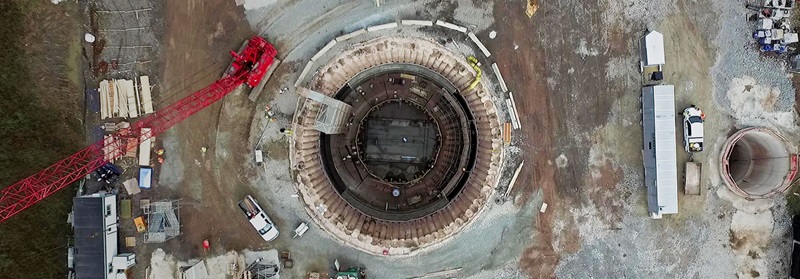
Cost Plus
Cost Plus (also known as Cost-Plus-Fee) is a construction project delivery method in which the owner agrees to pay the contractor for the actual costs incurred during the project, plus an additional fee for their services. The fee can be a fixed amount, a percentage of the costs, or a combination of both. This method is often used when the scope of work is not fully defined or is expected to change.
Key Features:
- Payment for Actual Costs: The contractor is reimbursed for all direct costs associated with the project, including labour, materials, and equipment, as well as indirect costs such as overhead.
- Additional Fee: In addition to reimbursement for costs, the contractor earns a fee, which may be a fixed amount or a percentage of the costs. This fee compensates the contractor for their profit and overhead.
- Transparency: Detailed documentation of costs is typically required, providing the owner with visibility into how expenditures are allocated. This transparency helps build trust between the owner and the contractor.
- Flexibility: Cost Plus contracts are flexible, accommodating changes in project scope or unforeseen conditions without the need to renegotiate the contract price.
Advantages:
- Flexibility for Changes: This method allows for adjustments to the project scope or design without complex contract modifications, making it ideal for projects where requirements may evolve.
- Transparency: Detailed cost reporting provides the owner with insight into fund allocation, which can enhance trust and ensure cost-effectiveness.
- Reduced Risk for Contractor: Since the contractor is reimbursed for all costs plus a fee, their financial risk is lower than with fixed-price contracts. This is beneficial for contractors facing uncertain or variable project conditions.
Disadvantages:
- Uncertain Final Cost: The total project cost is not fixed and may exceed the initial estimate, as the owner pays for all actual costs plus the contractor’s fee.
- Potential for Cost Overruns: Without a fixed price, the contractor has less incentive to control costs, potentially leading to inefficiencies and higher overall expenses if not managed carefully.
- Administrative Burden: The need for detailed cost tracking and documentation can create additional administrative work for both the contractor and the owner, requiring rigorous oversight.
Applications:
- Projects with Uncertain Scope: Cost Plus contracts are suitable for projects with undefined scopes or anticipated changes. This includes renovation projects, custom builds, and experimental or innovative designs.
- Complex Projects: For projects with complex or evolving requirements, the Cost Plus method provides the flexibility needed to adapt to new information or challenges that arise during construction.
- Early-Stage Projects: The Cost Plus method is also effective for projects that start with a general scope and have the detailed design developed concurrently with construction.
Overall, the Cost Plus method offers flexibility and transparency, making it a useful option for projects with variable or evolving scopes. However, careful management is required to ensure that costs remain reasonable and that the project stays within the owner’s budget.
